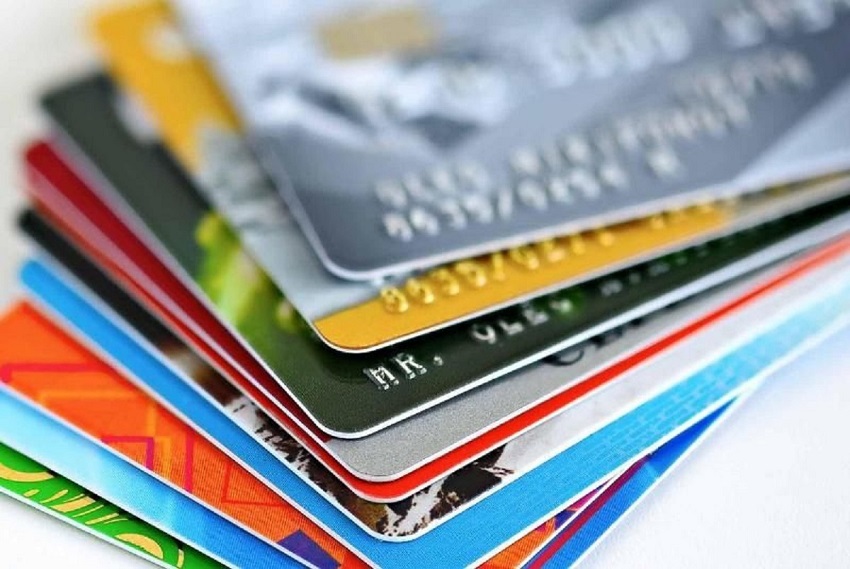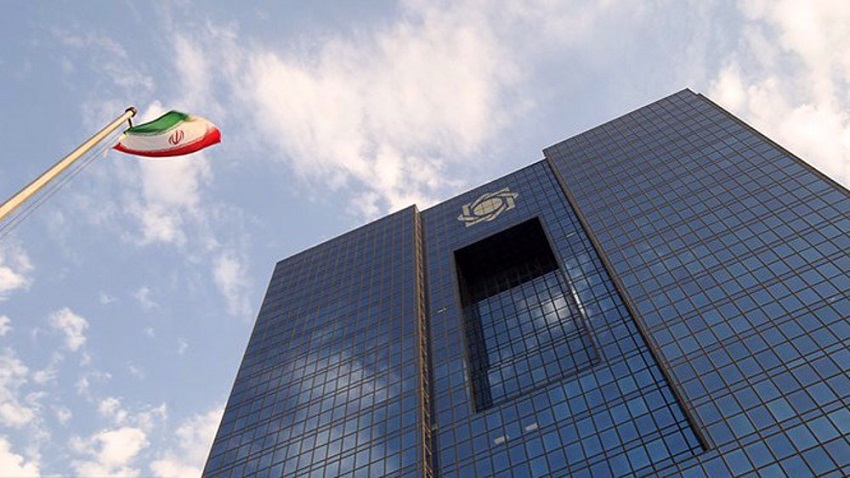The Director of Central Bank’s Payment Systems Oversight Department announced the consolidation of bank cards onto smart national ID cards and the possibility of experimental use of the national ID card in Bank Melli branches.
According to IDEA, It appears that despite the parliament’s objections, the Central Bank is attempting to move forward with the project of consolidating bank cards onto the national ID card due to the increasing proliferation of bank cards (400 million bank cards) in the Shetab and payment network. Mohammad Reza Mani Yekta, the Director of Payment Systems Oversight Department at the Central Bank, reported that the consolidation of service cards onto the smart national ID card has commenced with the signing of a joint cooperation agreement between the Civil Registration Organization and Bank Melli. Through this initiative, citizens will be able to use their national ID cards as bank cards in the near future.
The Director of the Payment Systems Oversight Department stated, ‘Those who have accounts with Bank Melli can use their smart national ID cards at Bank Melli branches and ATMs. Currently, the use of the national ID card is possible at one bank, but it is not possible to use it at the Shetab (Interbank Information Transfer Network) terminals.’
Mani Yekta added, ‘More than 400 million bank cards are in the possession of the people, of which approximately 120 million are active on average each month.’
The issue of the abundance of bank cards in the banking network
Mani Yekta pointed out ‘The cost of issuing bank cards in other countries is very high, but in Iran, it has a negligible cost; however, it is considered a problem from a policy perspective.’
The Director of the Payment Systems Oversight Department at the Central Bank continued, ‘To reduce the volume of bank cards and provide innovative payment services, we will create a unique electronic code. This project will be implemented across the entire Shetab network and the national payment system and is currently in the testing phase.’
Yekta stated, ‘Currently, five banks offer these services, and they will expand these services in the future.’
While announcing the possibility of using Bank Melli’s bank card on the smart national ID card, on Tuesday, September 26th, members of parliament opposed the elimination of the national ID and the consolidation of service and bank cards onto the smart national ID card, based on the additional paragraph 1 and clauses 1 and 2 of this article, to Article 5 of the Seventh Development Plan bill.
In the Seventh Development Plan, the consolidation of service and bank cards was requested by the parliament, which was also approved by the Joint Commission on the Development Plan. However, on October 4th, in the public session of the parliament, this article of the Seventh Development Plan was opposed.
In the past, the head of the National Organization for Civil Registration had announced regarding the consolidation of service and bank cards onto the smart national ID card: ‘One of the requests we had in the Seventh Development Plan from the Islamic Consultative Assembly (parliament) was the issue of consolidating service and bank cards, and a memorandum of understanding has been signed with Bank Melli as the first bank in this regard. The implementation stages of this project will begin after the necessary program is developed in collaboration with the National Organization for Civil Registration and Bank Melli.’
However, the director of the Central Bank’s Payment Systems Supervision Department has announced the experimental implementation of the consolidation of bank cards onto the smart national ID card in five banks in the country and has mentioned the possibility of using the smart national ID card at Bank Melli. It appears that despite the parliament’s opposition to Article 5 of the Seventh Development Plan, which referred to the consolidation of bank and service cards, the Central Bank still intends to proceed with this project in collaboration with the National Organization for Civil Registration. The Central Bank’s argument for consolidating bank cards onto the national ID card revolves around the impact on the country’s banking network, considering the presence of 400 million bank cards. It seems that by consolidating bank cards, the Central Bank aims to, on one hand, curb the growth of bank cards and, on the other hand, plan a unified system for the Shetab network and payments. However, the nationwide implementation of the project to consolidate bank cards onto the national ID card, despite the delays in issuing smart national ID cards and establishing data transfer pathways between the banking network and the National Organization for Civil Registration, has raised doubts among banking experts and information technology professionals.





No Comment! Be the first one.